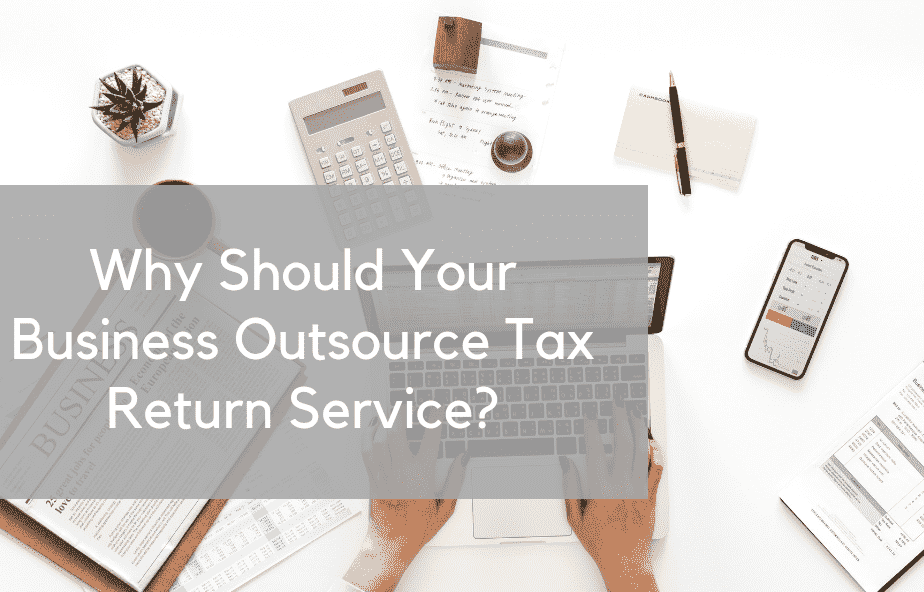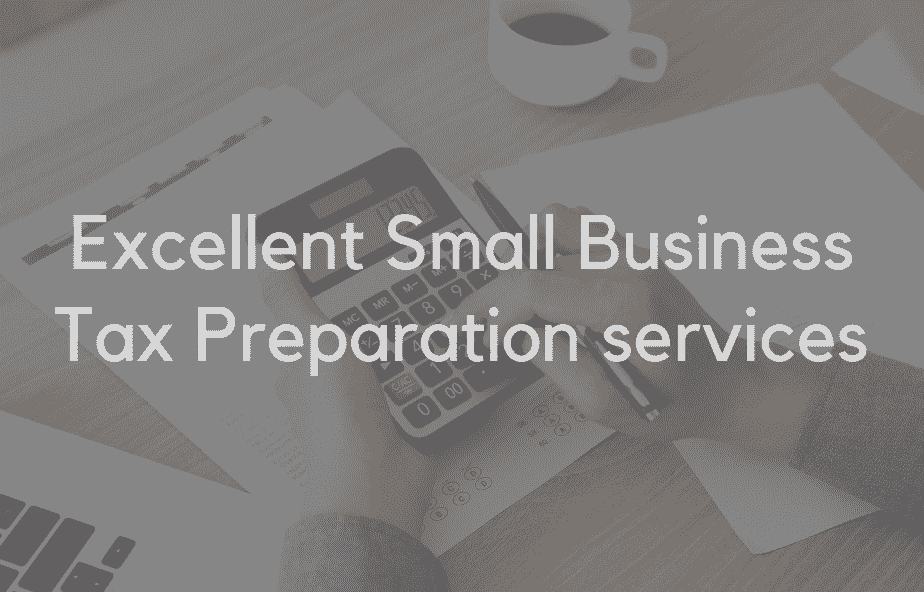Posted by: Pramod
September 14, 2023

Category: Taxation
Restaurant Tax Deductions for Business Owners: Running a restaurant is a tough business. In this competitive landscape, profit margins are tight and competition is intense. But there are ways to make your tax bill a little less painful. Here are 12 explosive restaurant tax deductions that can help you save money on your taxes: List of Restaurant Tax Deductions for Business Owners: Operating Expenses Advertising Expenses Driving Expenses Buying or Leasing a Car for Work Read More
Posted by: Pramod
February 02, 2022
Category: Taxation
Tax Preparation services with the rush of the upcoming holidays and just weeks away from the New Year’s tax season officially getting underway, it is just about the right time to consider your tax preparations. Tax season creeps upon millions of taxpayers every year as a recurring exercise. Instead of being caught off guard towards the end, one can actually follow a few guidelines to start preparing for the upcoming 2018 filing season and gain Read More
Posted by: Pramod
February 01, 2022

Category: Taxation
Small business owners often find themselves worrying when it comes to filing tax returns. It is generally considered cumbersome for small businesses to collect all financial and business transaction records at the end of every quarter/year and put them across to the tax preparation services for CPA . To prepare tax returns. Putting of tax preparations until the last minute can not only prove to be an expensive affair but also necessitate the recruiting of Read More
Posted by: Pramod
January 29, 2022

Category: Taxation
Tax laws have been constantly changing over the years. However, it is safe to say that it’s been over 30 years since there has been any significant change. Tax Changes Small business and Job Reforms Bill that recently passed is certain to impact everyone from individual taxpayers to business owners. In line with the previous sweeping tax reforms, this new tax act is likely to foster a great deal of business for accountants. The ideal Read More
Posted by: Pramod
January 19, 2022

Category: Taxation
Small business owners go through a great ordeal during tax preparations. Finding a way to strike a balance between operations to the marketing of the product and finding time to do yearly small business tax preparation isn’t easy. Generally, small businesses lack the resource to keep a tab on daily accounts. Over time these accounts add up to a seemingly insurmountable task that would require the assistance of experience and expertise in the concerned arena. Here Read More

 +1 727 756 1632
+1 727 756 1632 reachus@velan-bookkeeping.com
reachus@velan-bookkeeping.com